Travel Tips for Introverts: Embracing the Journey on Your Own Terms
Traveling as an introvert is about enriching your experiences in ways that align with your personality. By understanding your needs and planning accordingly, you can craft journeys that are both enjoyable and revitalizing. From selecting tranquil destinations and timing your travel to avoid crowds, to setting personal boundaries and incorporating self-care practices, this guide offers practical tips to help you embrace the journey fully on your own terms.
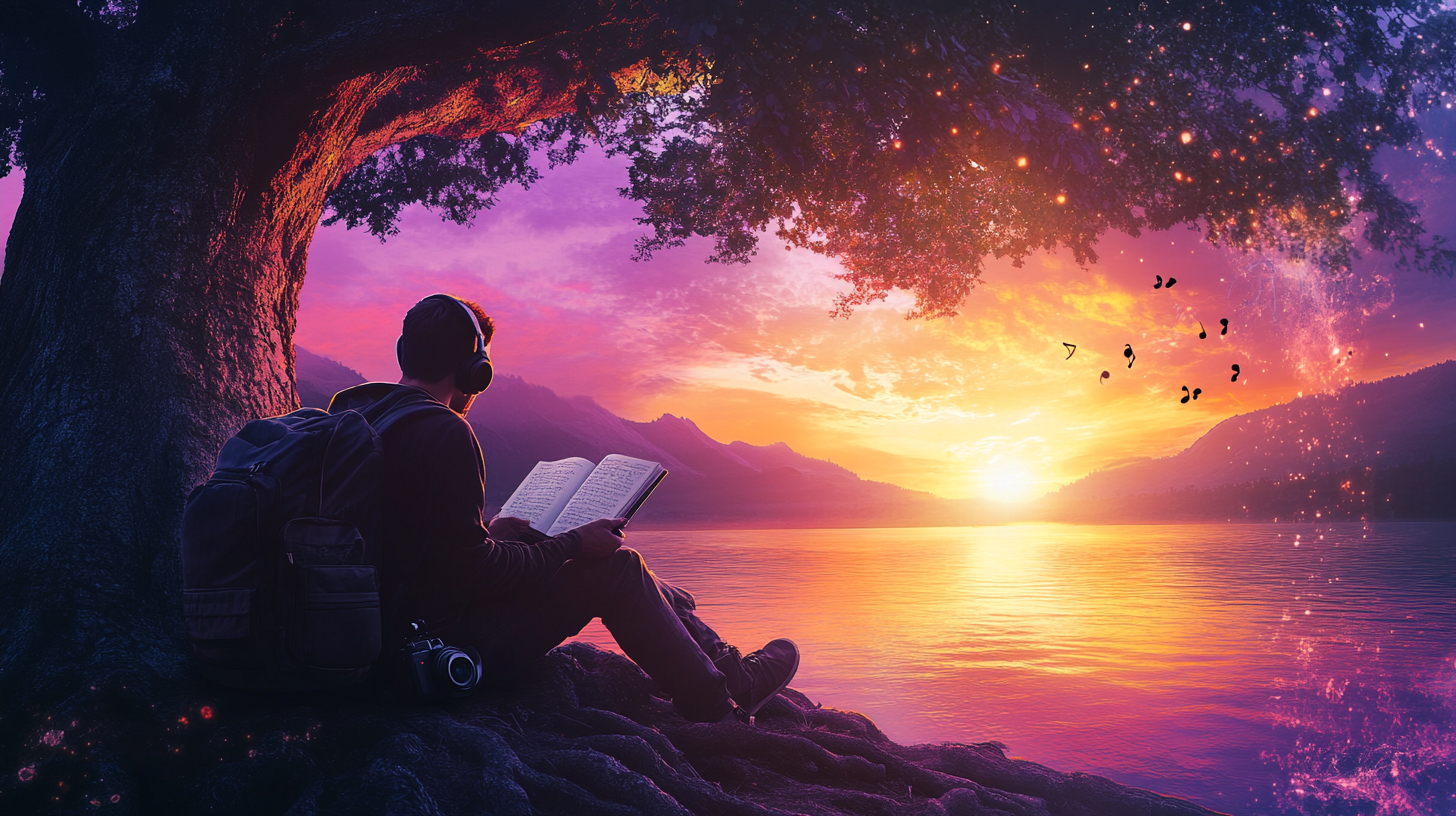
Traveling is a transformative experience that allows us to explore new cultures, meet diverse people, and discover more about ourselves. It’s an opportunity to step out of our comfort zones and embrace the unknown. For introverts, however, the prospect of navigating new environments and engaging in constant social interactions can be overwhelming. The hustle and bustle of unfamiliar places, coupled with the expectation to be constantly social, can drain energy quickly.
But being introverted doesn’t mean you can’t enjoy travel to the fullest. In fact, introverts can have deeply enriching travel experiences when they honor their need for reflection and solitude. With thoughtful planning and self-awareness, introverts can tailor their journeys to suit their unique needs, ensuring a fulfilling and rejuvenating experience. According to The Introvert’s Guide to Stress-Free Travel , understanding your personal preferences is the first step toward crafting a journey that resonates with you.
Understanding the Introverted Traveler

Introversion is often misunderstood as shyness or antisocial behavior, but it’s actually a personality trait characterized by a preference for less stimulating environments and a need for solitary time to recharge. According to psychologist Carl Jung, introverts draw energy from within, finding solace in reflection and personal space. This internal focus means that while introverts can certainly enjoy social interactions, they may find excessive external stimulation draining.
When it comes to travel, this can present unique challenges. The constant flux of new sights, sounds, and social expectations can quickly lead to overstimulation. As discussed in Managing Sensory Overload While Traveling as an Introvert , understanding how your energy levels are affected by various stimuli is crucial. Recognizing your introverted nature is not a limitation but a guiding compass in crafting a travel experience that aligns with your personal rhythms.
Embracing your introverted nature is paramount in crafting a travel experience that is both enjoyable and sustainable. It’s about acknowledging your preferences and planning accordingly, rather than forcing yourself into situations that leave you feeling depleted. As Christian Brandt suggests, introverts often prefer meaningful interactions over fleeting encounters with large crowds. This means that opting for deeper connections with fewer people can be more fulfilling than trying to network with as many individuals as possible.
By tailoring your trip to accommodate these preferences, you set yourself up for a more authentic and satisfying experience. For instance, participating in small-group workshops or local classes can offer opportunities for Meaningful Cultural Immersion for Introverted Travelers , allowing you to engage with the destination on a deeper level without overwhelming social demands.
Understanding your comfort zones and establishing personal boundaries are essential for navigating travel experiences confidently. This self-awareness empowers you to make choices that enhance your trip rather than detract from it. It’s not about limiting your adventures but about experiencing them in ways that resonate deeply with you. If large, crowded tourist attractions feel overwhelming, you might opt for visiting them during off-peak hours or exploring lesser-known sites that offer [LINK:Hidden Gems Off the Beaten Path for Introverts]. By doing so, you can still enjoy rich cultural experiences while maintaining your energy levels.
Pre-Trip Planning: Setting the Stage for Success
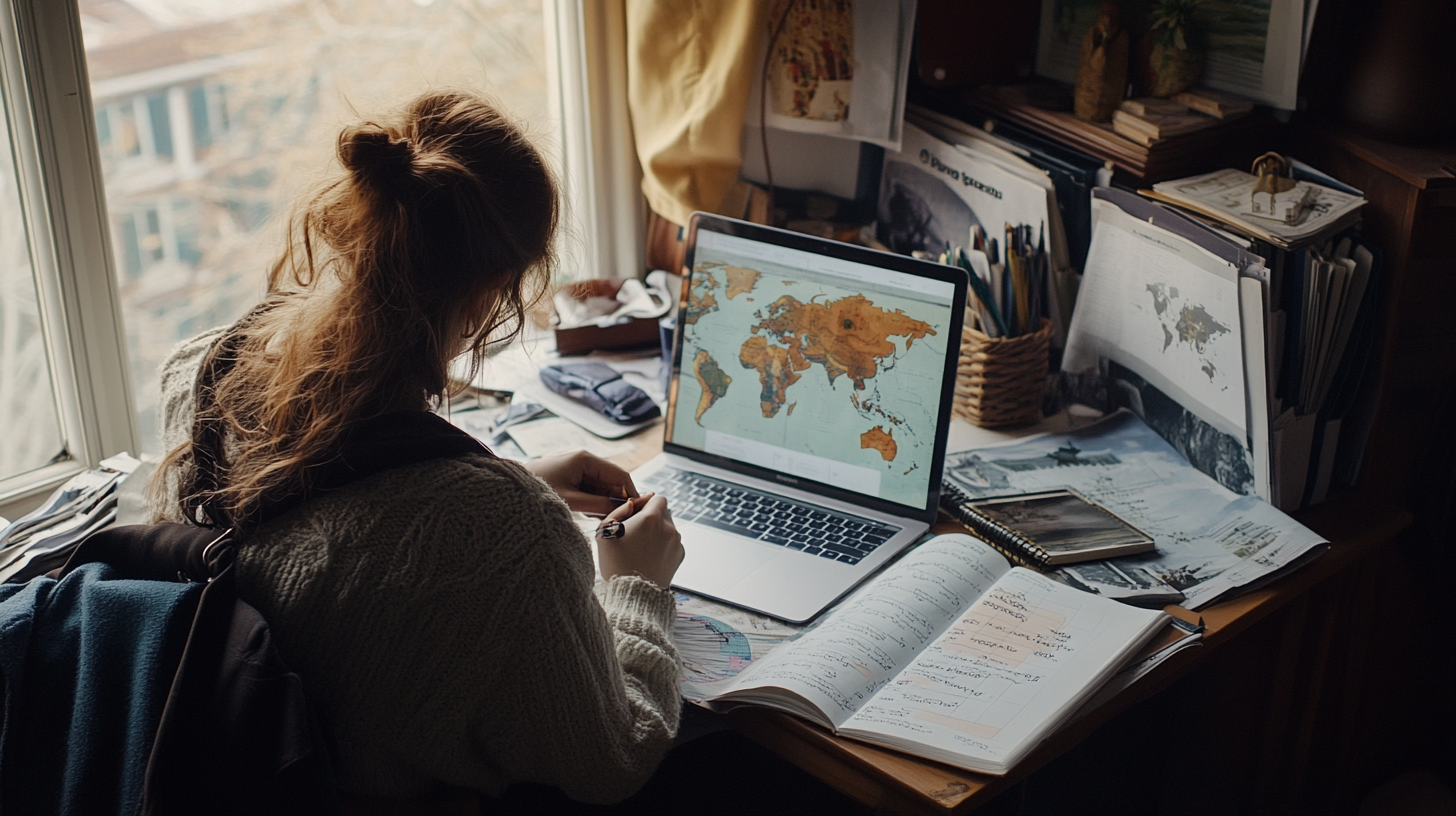
Choosing the Right Destination
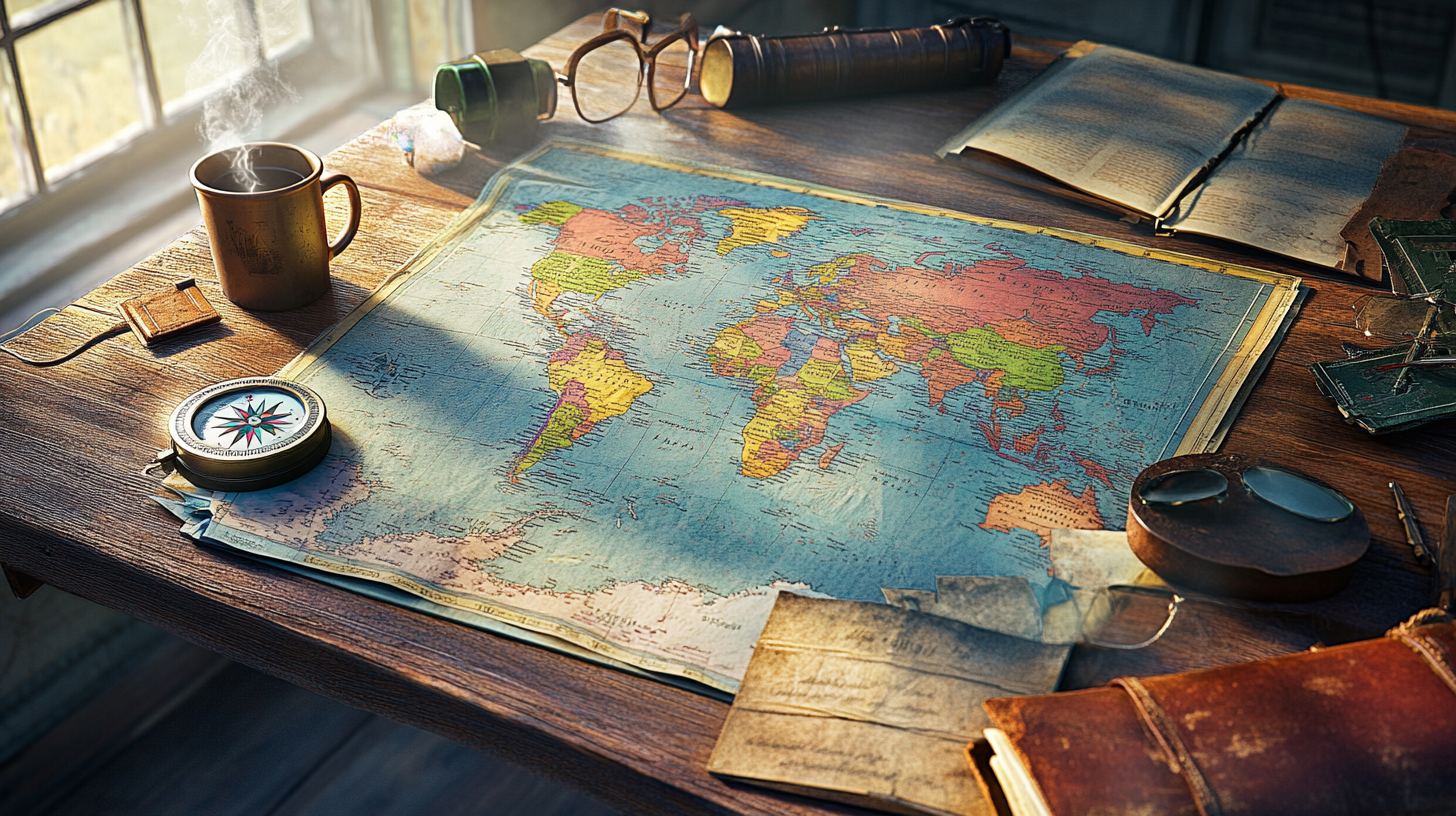
Selecting a destination that aligns with your introverted personality is a crucial step in ensuring a satisfying travel experience. Consider places known for their tranquility, natural beauty, and cultural richness that don’t rely on constant social interaction. Destinations like New Zealand’s South Island, the serene temples of Kyoto in Japan, or the quiet villages of the Scottish Highlands offer immersive experiences without overwhelming crowds. According to Top Tranquil Destinations Ideal for Introverted Travelers , these locations provide the perfect backdrop for introspection and personal discovery.
When choosing your destination, think about what environments make you feel most at ease. Do you prefer the calming presence of nature, the quiet lanes of historic towns, or the peaceful ambiance of art galleries and museums? Prioritizing destinations that offer these elements can make your travel experience more enjoyable and less stressful.
Timing Your Travel
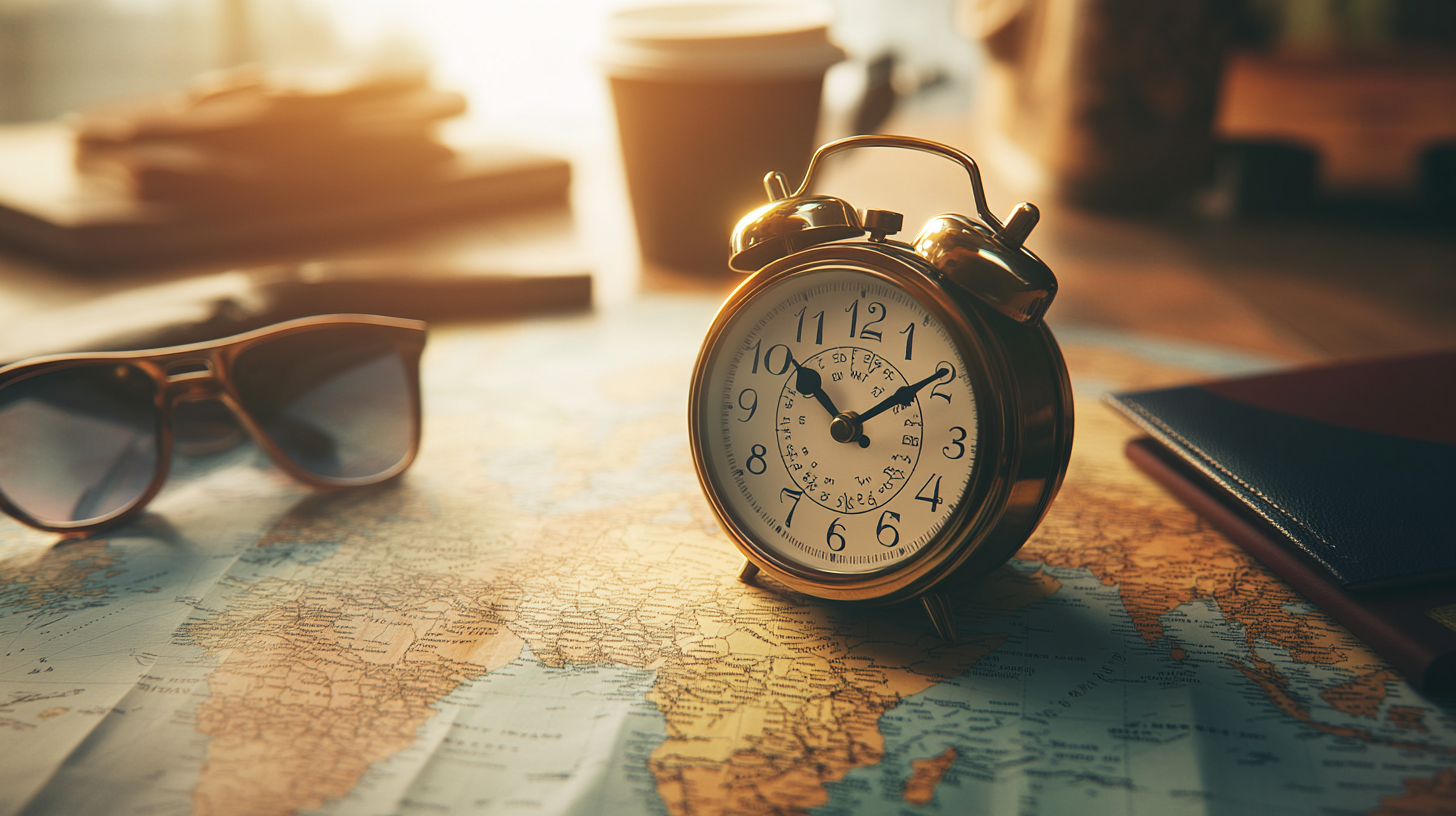
Timing is everything for the introverted traveler. Planning your activities during times when attractions are less crowded can make a significant difference in your experience. Sightseeing early in the morning or later in the evening allows you to enjoy popular sites without the bustle of peak-hour crowds. This approach provides a more serene experience that aligns with your energy levels. As highlighted in Best Times to Explore Popular Destinations for a Quiet Experience , early exploration helps you avoid overstimulation, allowing you to absorb your surroundings fully at your own pace.
Additionally, incorporating rest days into your itinerary is vital. Scheduling periods of downtime between busy days gives you the opportunity to recharge. This might involve spending a day relaxing at a park, enjoying a leisurely meal at a quiet café, or simply staying in your accommodations to read or reflect. Balancing days of activity with periods of relaxation prevents burnout and keeps your energy levels consistent throughout your journey.
Accommodations and Transportation: Creating Your Personal Haven

Selecting Introvert-Friendly Accommodations

Your choice of accommodation plays a significant role in shaping your travel experience. For introverts, having a comfortable and private space to retreat to after a day of exploration is essential for recharging. Opting for private rooms in boutique hotels, cozy bed and breakfasts, or renting an entire apartment or home through platforms like Airbnb can offer the solitude you crave. As emphasized in Guide to Choosing the Perfect Accommodation for Introverted Travelers , selecting accommodations that provide peace and quiet helps maintain your energy levels throughout your trip.
Consider amenities that cater to your preferences, such as a private balcony, garden, or in-room kitchenette. These features allow you to enjoy your surroundings without needing to be in public spaces constantly. Additionally, accommodations located slightly away from the main tourist areas can offer a more tranquil environment while still providing easy access to attractions when you’re ready to explore.
Navigating Transportation Comfortably
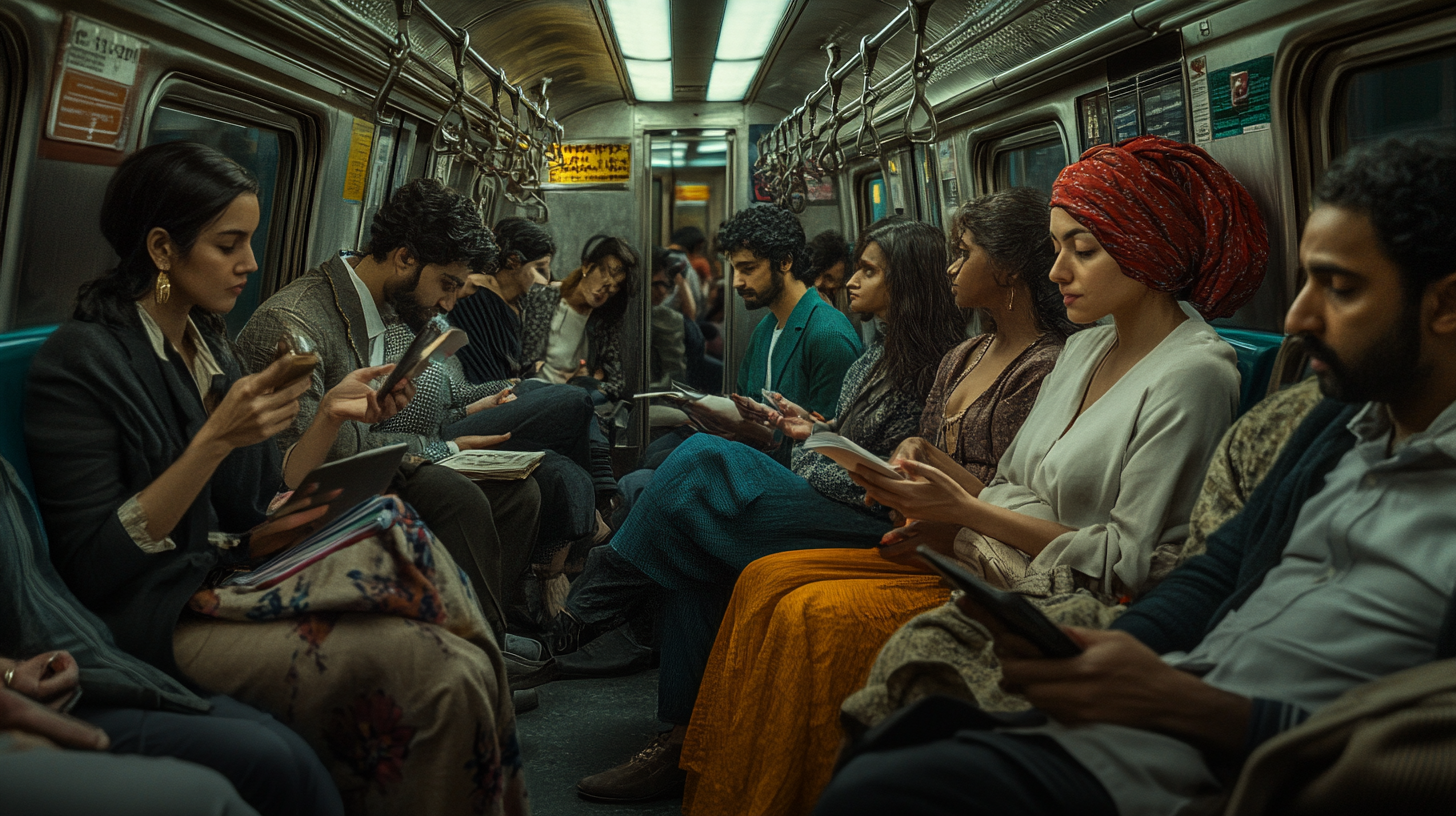
Transportation is another aspect of travel that can significantly impact your comfort as an introvert. Crowded airports, buses, and trains can be overwhelming. To navigate transportation comfortably, consider booking window seats on flights and trains. This not only gives you control over your immediate personal space but also provides a physical barrier between you and other passengers. It allows you to enjoy the journey with minimal disturbances, taking in the scenery or immersing yourself in a book or music.
When possible, arrange for private transfers, such as taxis or rideshare services, from airports to your accommodations to avoid the stress of public transportation. Alternatively, renting a car can offer the ultimate control over your travel environment, allowing you to move at your own pace and schedule. As discussed in Efficient Transportation Strategies for Introverted Travelers , choosing transportation options that minimize social demands helps conserve your energy for the experiences that matter most to you.
Social Strategies on the Road

Setting Boundaries

Maintaining your energy levels during travel involves setting clear personal boundaries, especially when traveling with others. Open communication is key to avoid misunderstandings and ensure that your needs are respected. Let your travel companions know that you may require some alone time to recharge. As noted in [LINK:How to Communicate Your Needs While Traveling as an Introvert], being unapologetically yourself and signaling when you need privacy helps manage social energy effectively.
Setting boundaries isn’t limited to companions; it also applies to interactions with strangers. If you find yourself feeling drained by conversations with fellow travelers or locals, it’s perfectly acceptable to politely excuse yourself. Remember, prioritizing your well-being is essential for an enjoyable trip.
Solo Activities Within Groups
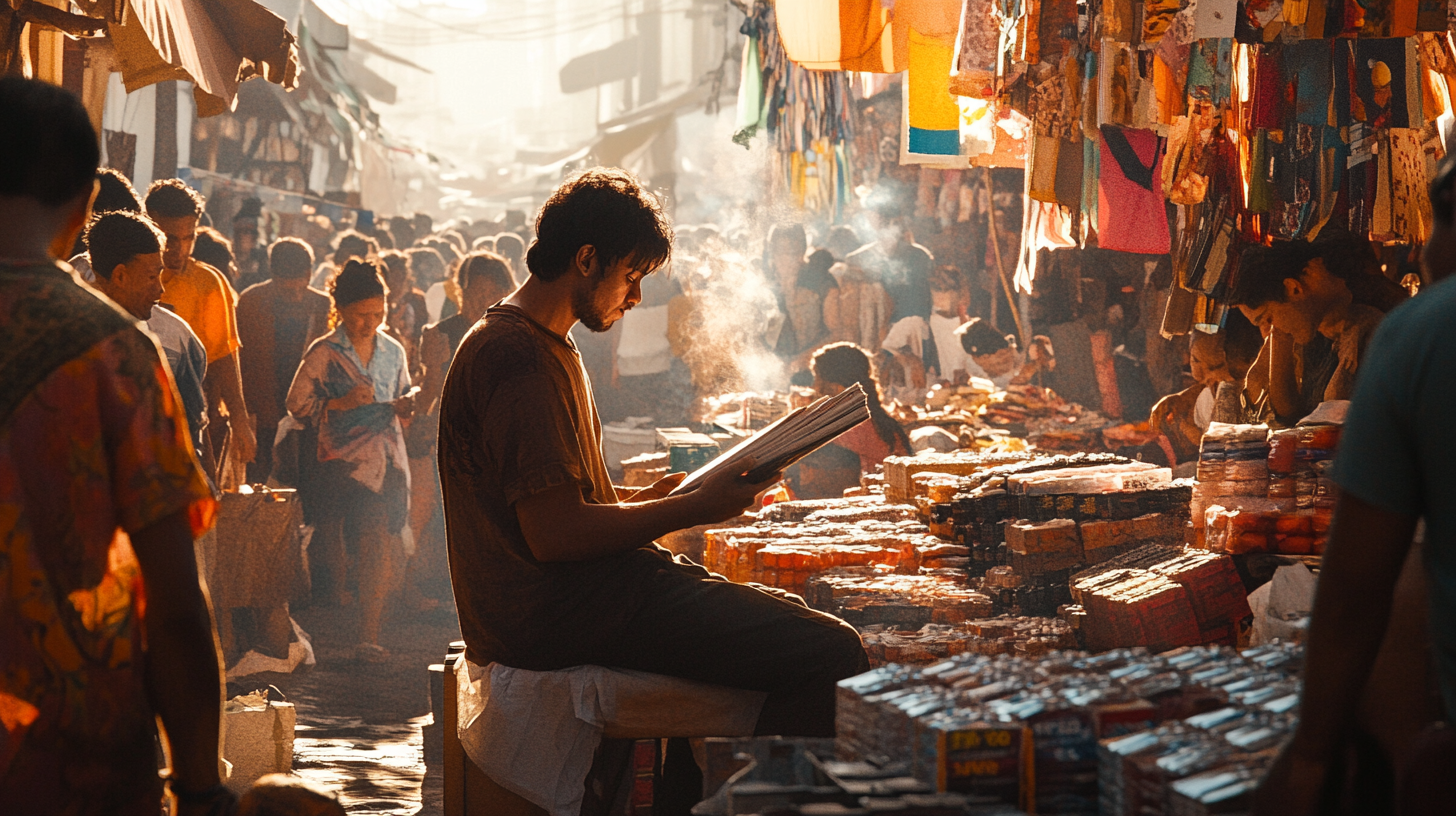
Engaging in solo activities, even when you are part of a group trip, can provide the balance introverts need. While group tours offer structure and safety, taking time to explore on your own allows you to engage with your surroundings on a deeper level. For example, you might choose to skip a group activity to visit a site that interests you more or to simply spend time relaxing in a quiet park.
As highlighted by Christian Brandt in Benefits of Incorporating Solo Time During Group Travel , embracing slow travel and allowing yourself the freedom to set your own pace can lead to more meaningful and personalized experiences. This approach reduces the pressure of keeping up with a group’s schedule and allows you to focus on what truly interests and energizes you.
Activities that naturally allow for solitude—such as journaling in a café, sketching a scenic landscape, or attending a meditation class—can enhance your travel experience without the demands of constant social interaction.
Embracing Solo Experiences
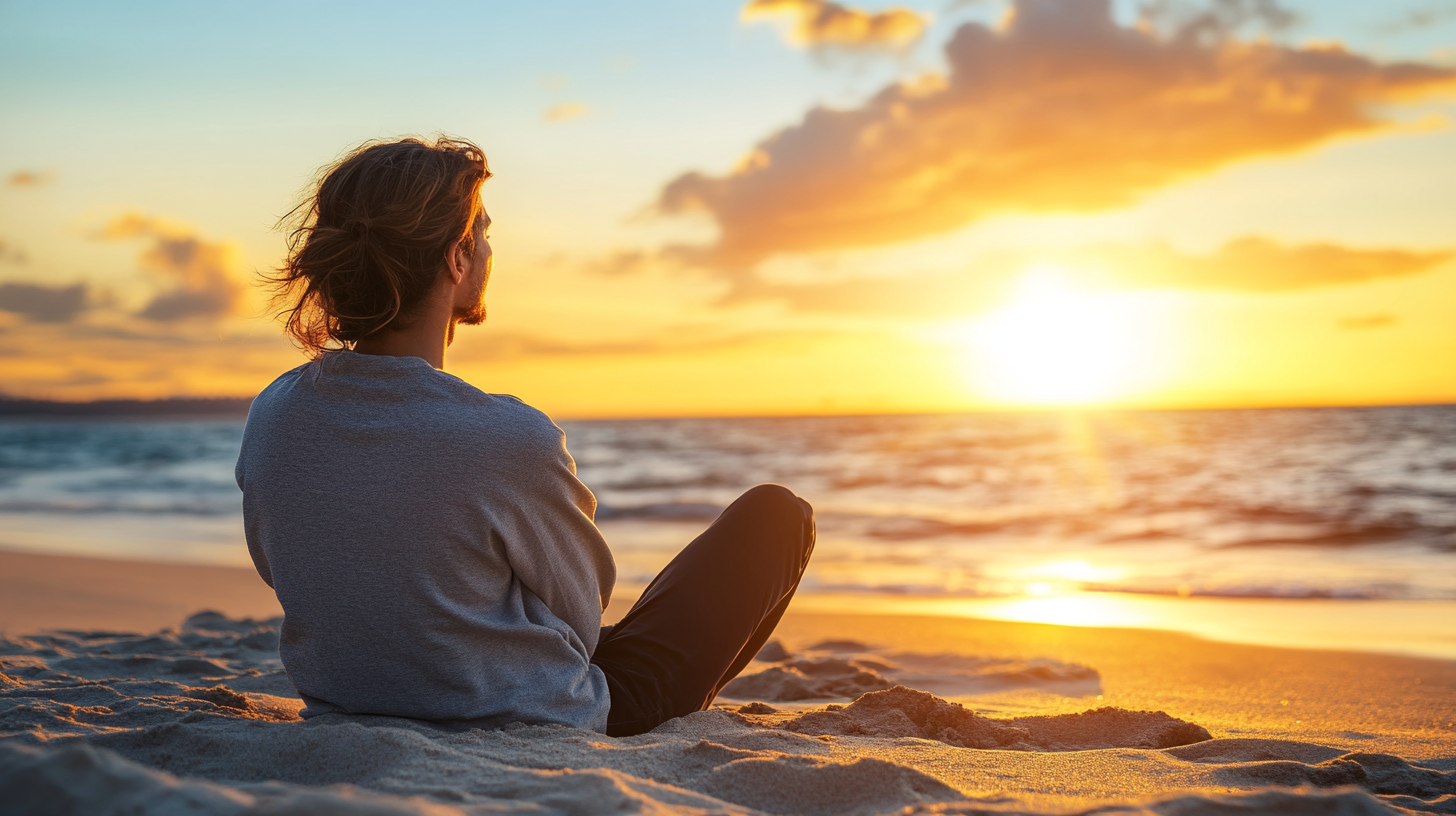
The Benefits of Solo Travel for Introverts
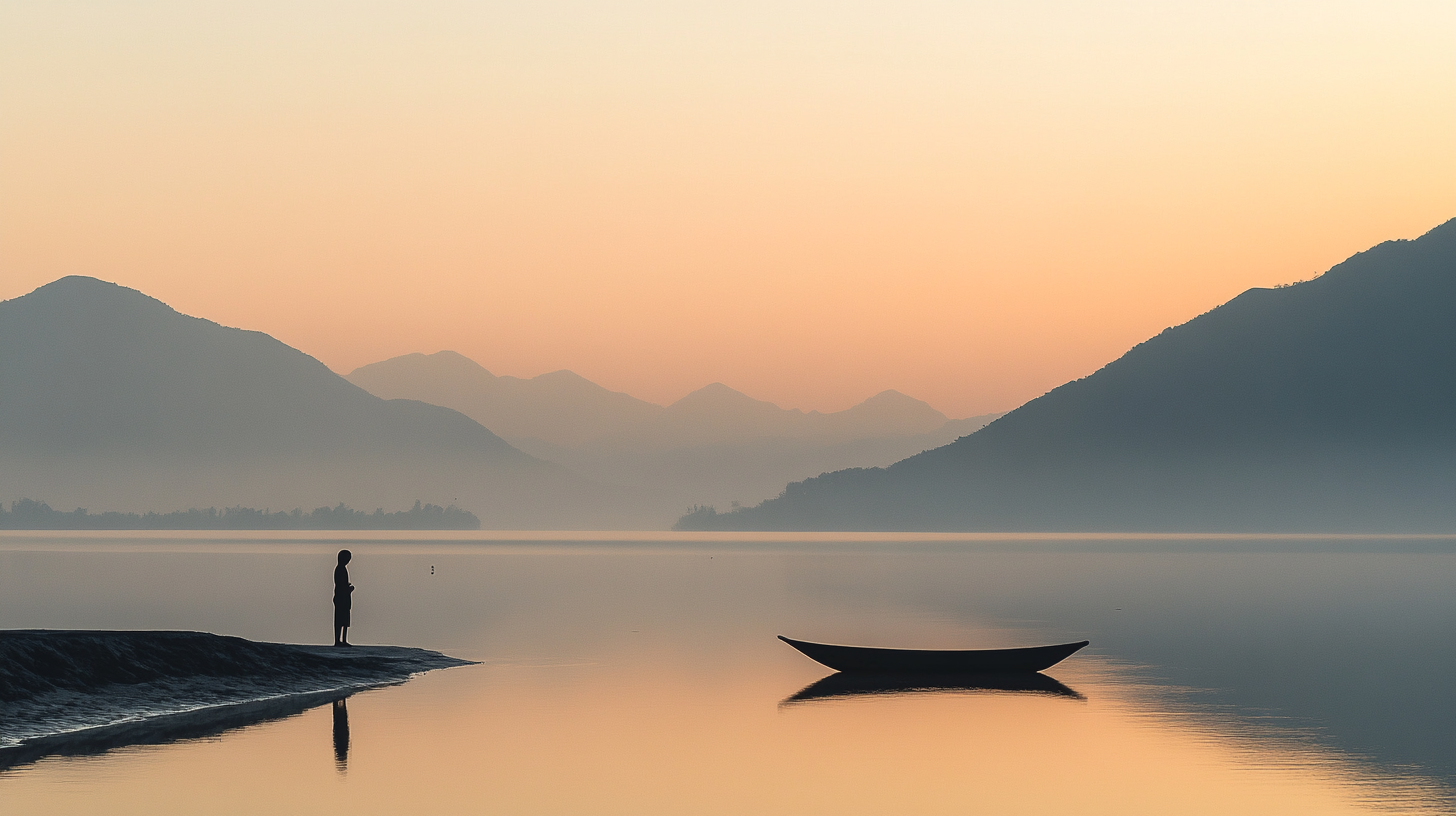
Traveling alone can be particularly rewarding for introverts. Solo travel offers you complete control over your itinerary, pace, and activities, allowing you to tailor every aspect of your journey to your preferences. This autonomy means you can spend as much time as you like in places that intrigue you without needing to accommodate others’ schedules or interests.
As discussed in The Ultimate Guide to Solo Travel for Introverts , solo adventures empower you to make decisions that suit your preferences without compromise. You can choose destinations that appeal to you, engage in activities that energize you, and take breaks whenever you need to recharge. This level of flexibility can make your travel experience more enjoyable and less stressful.
Starting with shorter trips or weekend getaways can help build confidence in solo travel. This gradual approach allows you to adjust to being on your own in new environments while managing any anxiety that may arise. Over time, you may find that solo travel becomes your preferred way to explore the world.
Engaging with Nature
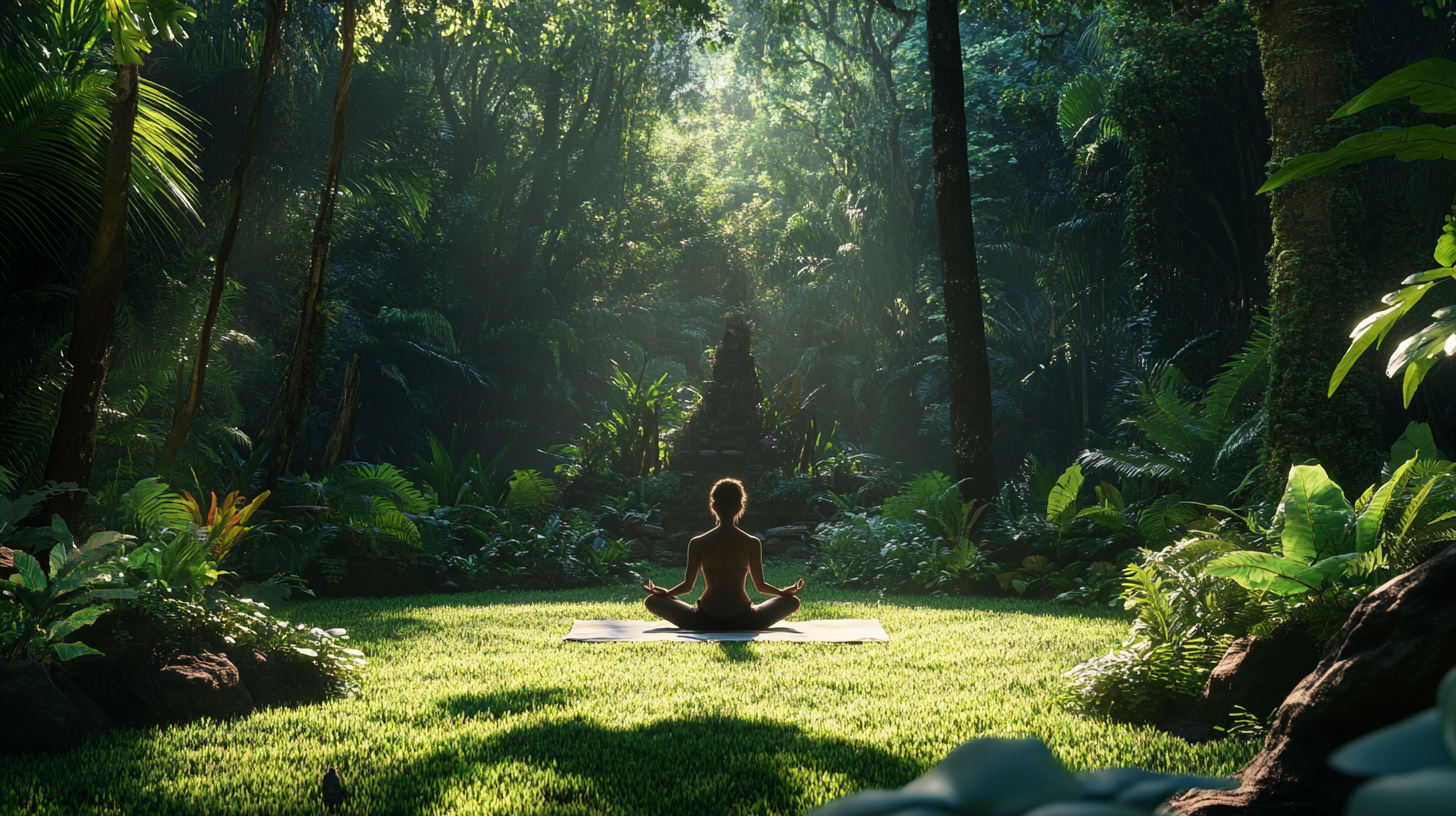
Engaging with nature is a powerful way for introverts to recharge and find peace during their travels. Natural settings offer a respite from the sensory overload of urban environments and provide opportunities for reflection and solitude. Activities like hiking through lush forests, kayaking on tranquil lakes, or simply walking along a quiet beach allow you to immerse yourself in your surroundings fully.
Spending time in nature reduces stress and fosters a sense of connection with the world around you, all without the need for social interaction. According to The Therapeutic Benefits of Nature for Introverted Travelers , engaging with natural environments can enhance your mood, boost creativity, and improve overall well-being.
Consider incorporating visits to national parks, botanical gardens, or remote countryside villages into your itinerary. These destinations often have fewer crowds and can provide the serene atmosphere that aligns with your energy levels.
Self-Care and Flexibility: Nurturing Your Well-being
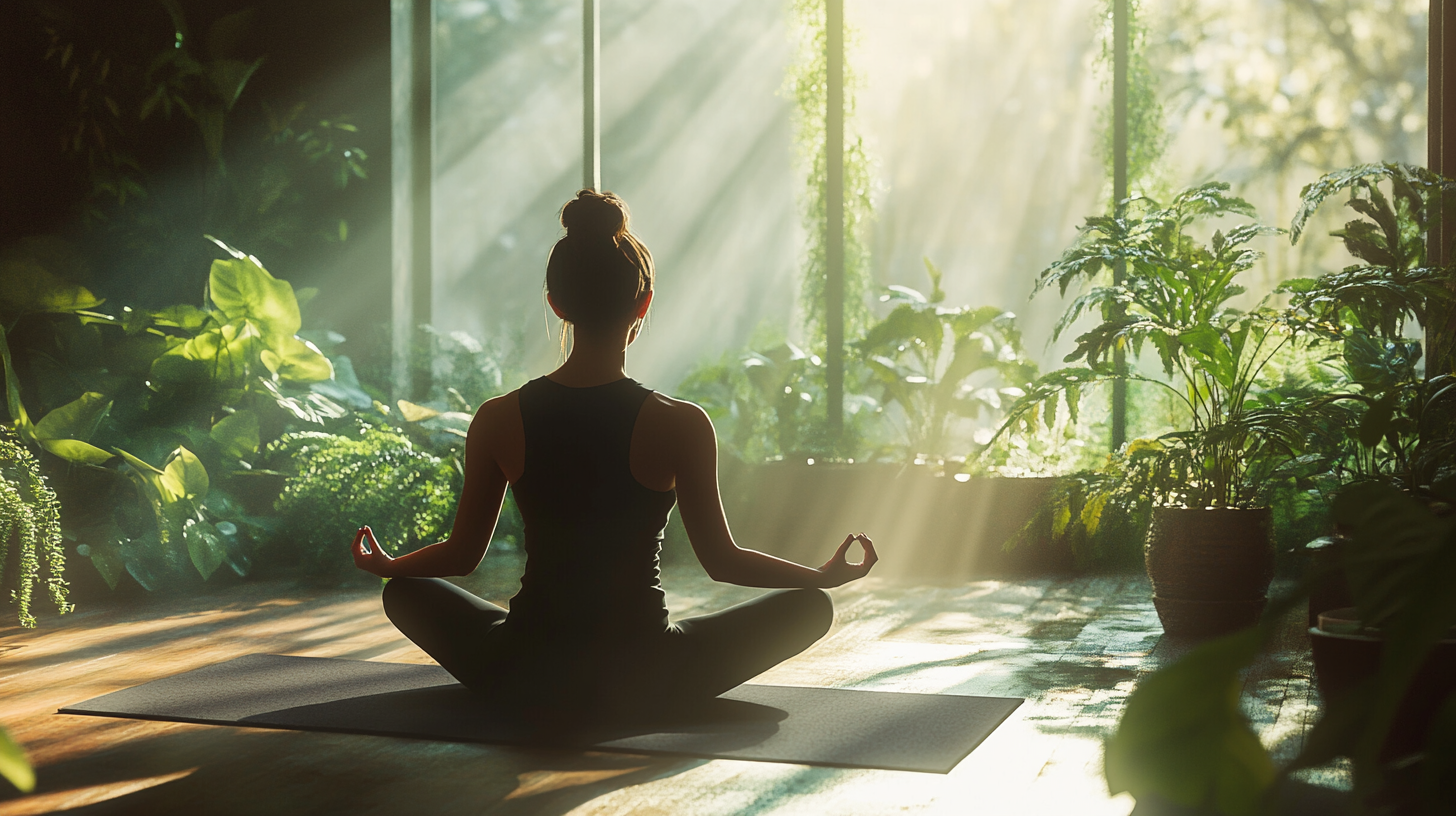
Balancing Activities with Downtime

Balancing activities with downtime is essential for nurturing your well-being as an introverted traveler. While it’s tempting to try to see and do as much as possible, overloading your schedule can quickly lead to exhaustion and diminish the enjoyment of your trip. Being mindful of your energy levels allows you to fully engage with each experience without feeling overwhelmed.
As advised in Tips for Creating a Balanced Travel Itinerary for Introverts , pacing your itinerary wisely ensures you have time to recharge between activities. This might involve scheduling one major activity per day and allowing for relaxation in the mornings or evenings. Incorporating free days where you have no set plans can also be beneficial, giving you the flexibility to rest or explore spontaneously based on how you feel.
Remember, it’s perfectly acceptable to adjust your plans as needed. If you wake up feeling drained, give yourself permission to take it easy. Travel is not a race, and prioritizing your well-being will enhance your overall experience.
Self-Care Practices While Traveling

Incorporating self-care routines into your travel schedule is crucial for maintaining your energy levels and emotional well-being. Self-care can take many forms, depending on what replenishes you personally. This might include practicing yoga or stretching exercises in the morning, engaging in meditation or mindfulness practices, or setting aside time each day for quiet reflection and journaling.
According to Self-Care Strategies for Introverts on the Go , engaging in activities that energize and center you helps manage potential social overwhelm. It can also enhance your ability to enjoy new experiences by keeping stress levels in check. Bringing along items that support your self-care routines, such as a yoga mat, essential oils, or a favorite book, can make it easier to incorporate these practices into your daily travel life.
Additionally, maintaining a healthy diet, staying hydrated, and ensuring you get adequate sleep are fundamental aspects of self-care that can impact your energy and mood. Listening to your body’s needs will help you stay resilient and open to the joys of travel.
Practical Tips for the Introverted Traveler

Packing Essentials
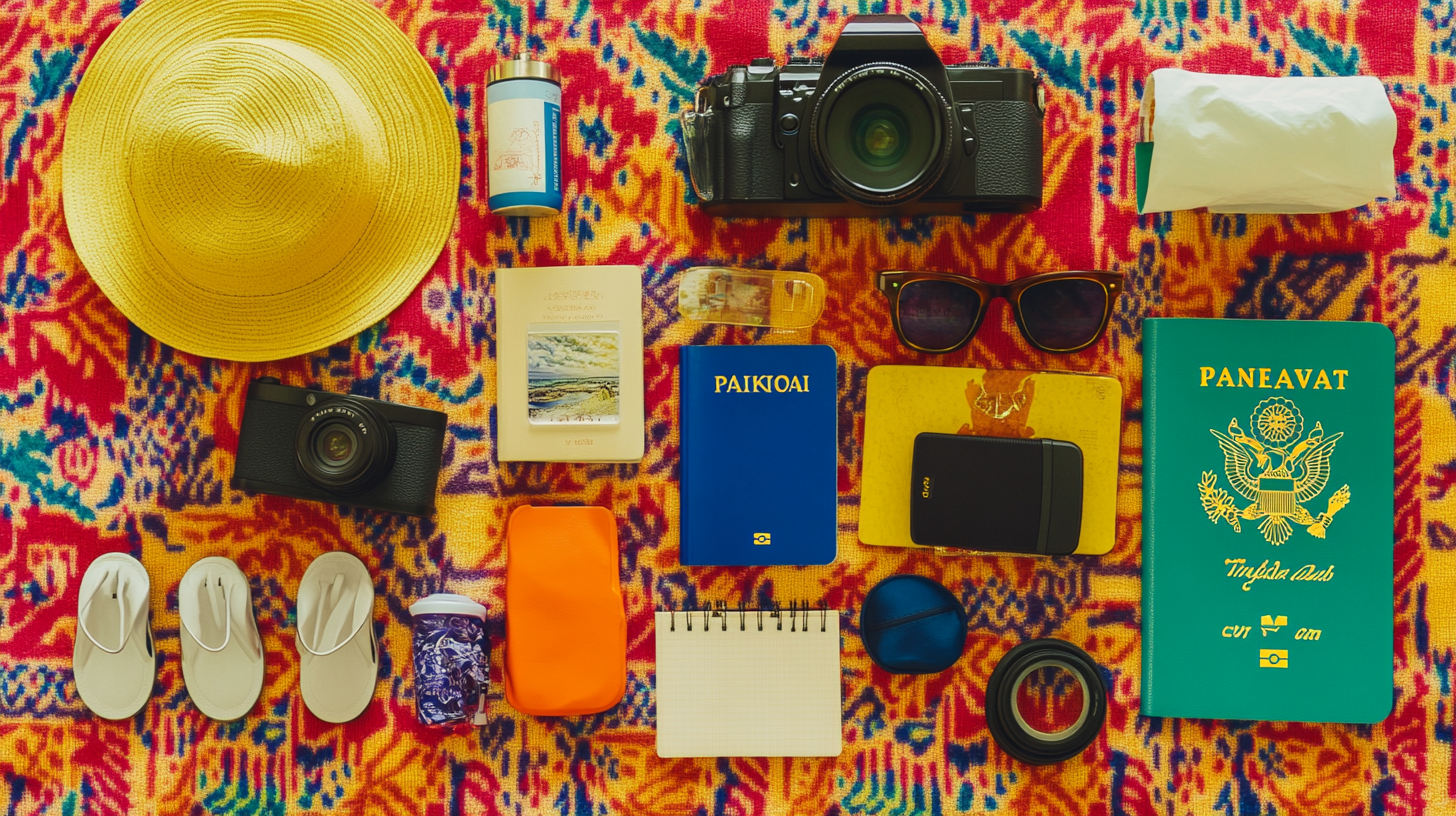
Packing smartly enhances your travel experience by ensuring you have everything you need to stay comfortable and manage your energy levels. As an introverted traveler, consider including essentials that support your need for solitude and self-care. Noise-canceling headphones are invaluable for creating personal space in crowded environments, such as airports or public transportation. They can help you relax and reduce sensory overload by listening to calming music, podcasts, or simply enjoying the silence.
A travel journal is another valuable tool for processing emotions and reflecting on your experiences. Writing down your thoughts can provide clarity and enhances your connection to the places you visit. E-books or downloaded media on your preferred device offer entertainment during downtime without needing to interact with others. As suggested in Essential Packing List for Introverted Travelers , other helpful items might include a portable charger, so your devices are always ready when you need a moment to yourself, and a lightweight blanket or scarf that can function as a personal comfort item or give you a sense of privacy in public spaces.
Packing familiar items that bring you comfort can make unfamiliar environments feel more welcoming, helping you stay grounded throughout your journey.
Using Technology to Enhance Travel
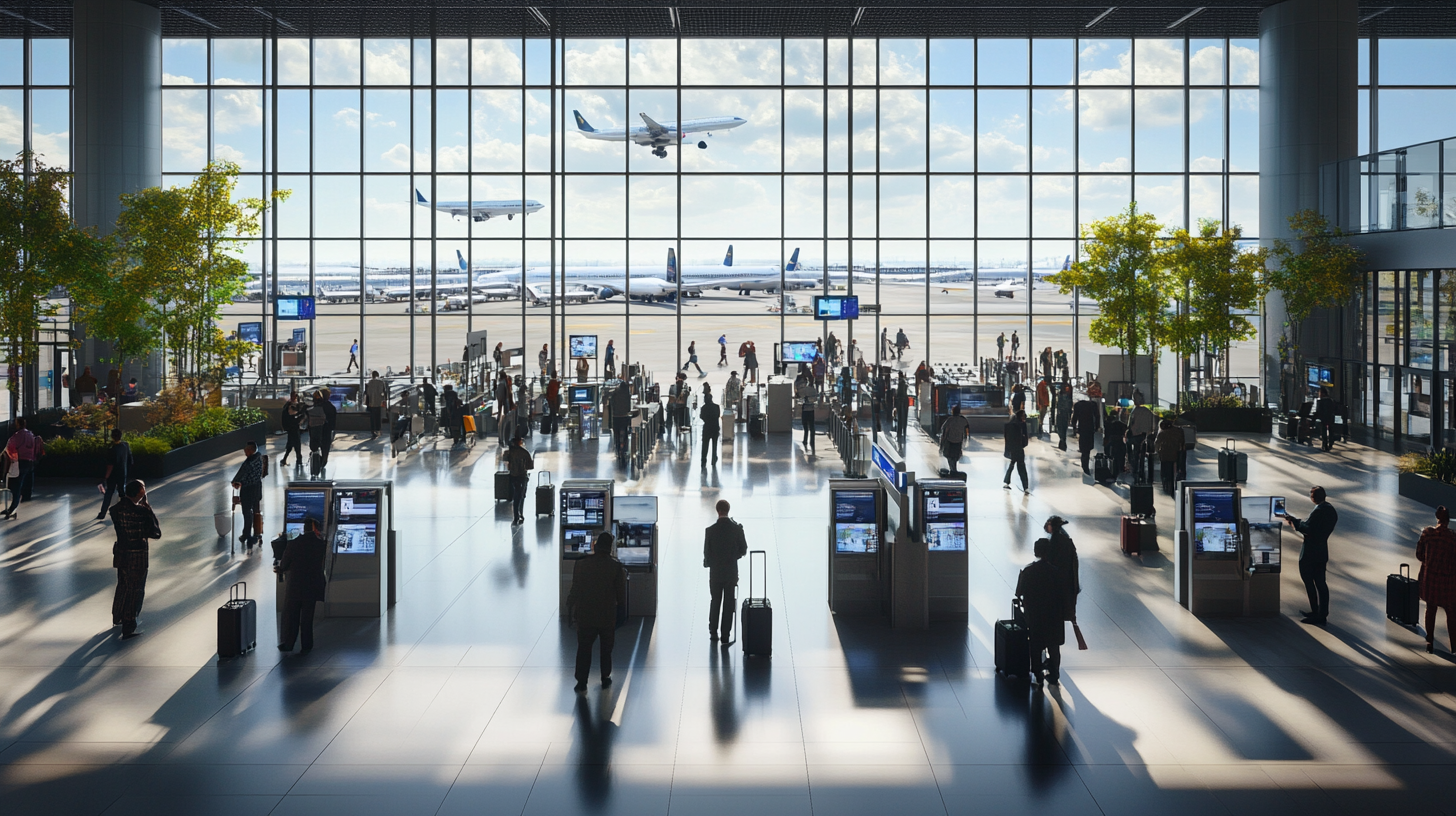
Technology can be a valuable ally for introverted travelers, helping to simplify logistics and reduce the need for potentially draining interactions. Utilizing travel apps and online resources allows you to navigate new places with confidence and ease. For example, Google Maps or Maps.me can help you find your way without having to ask for directions. Language translation apps like Google Translate can assist in communicating basic needs in countries where you don’t speak the language, minimizing misunderstandings and anxiety.
Ride-sharing services like Uber or Lyft provide a convenient alternative to public transportation, offering a more private travel experience within cities. Booking accommodations, tickets, and reservations online ahead of time can further reduce the need for direct interactions and waiting in lines.
As noted in Top Technology Tools for Introverted Travelers , other useful tools include currency converters, weather apps, and apps that locate quiet spaces like parks or libraries. Utilizing these technologies empowers you to manage your travel experience proactively, making navigating new places more manageable and less stressful.
Final Thoughts

Traveling as an introvert is not about limiting experiences but enriching them in ways that align with your personality. By understanding your needs and planning accordingly, you can craft journeys that are both enjoyable and revitalizing. It’s important to remember that prioritizing yourself, setting boundaries, and seeking out moments of solitude are not just acceptable—they are essential components of a fulfilling travel experience.
Whether you’re exploring a serene monastery, hiking through pristine nature, or sipping coffee in a quiet café tucked away from the bustling streets, the world has much to offer the introverted traveler. Every destination holds unique opportunities for growth, reflection, and joy when approached in a way that resonates with you.
As you embrace the journey on your own terms, you’ll discover that travel can be one of the most rewarding experiences of your life. It’s not about how many landmarks you see or how many people you meet, but about the personal connections you make with the places you visit and the insights you gain along the way. So pack your bags, set your own pace, and let the world unfold before you in a way that feels just right.
Follow us back to BoardingArea for more travel insights and tips tailored to your unique journey.
This blog post was AI-written / human assisted.
What's Your Reaction?











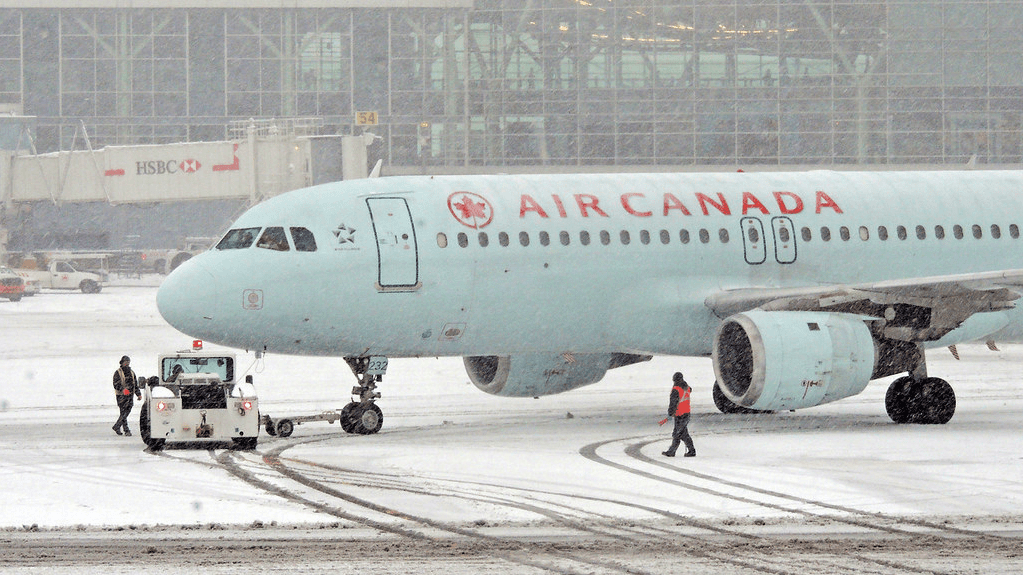
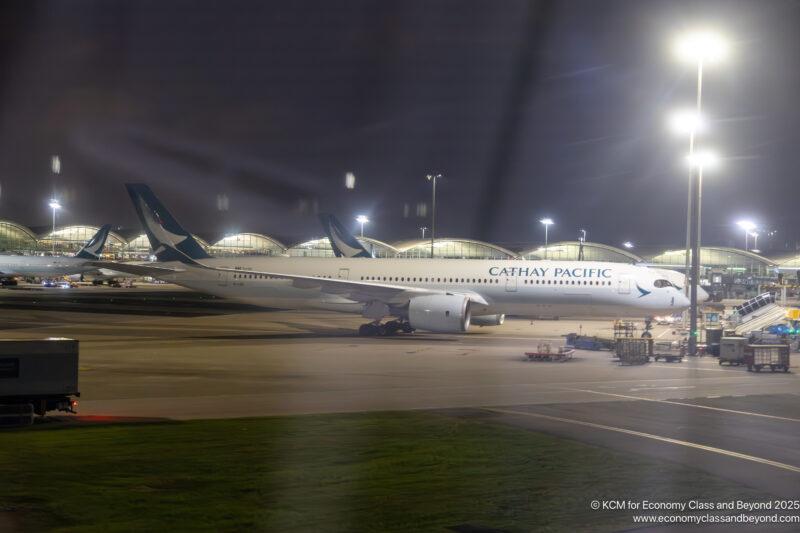
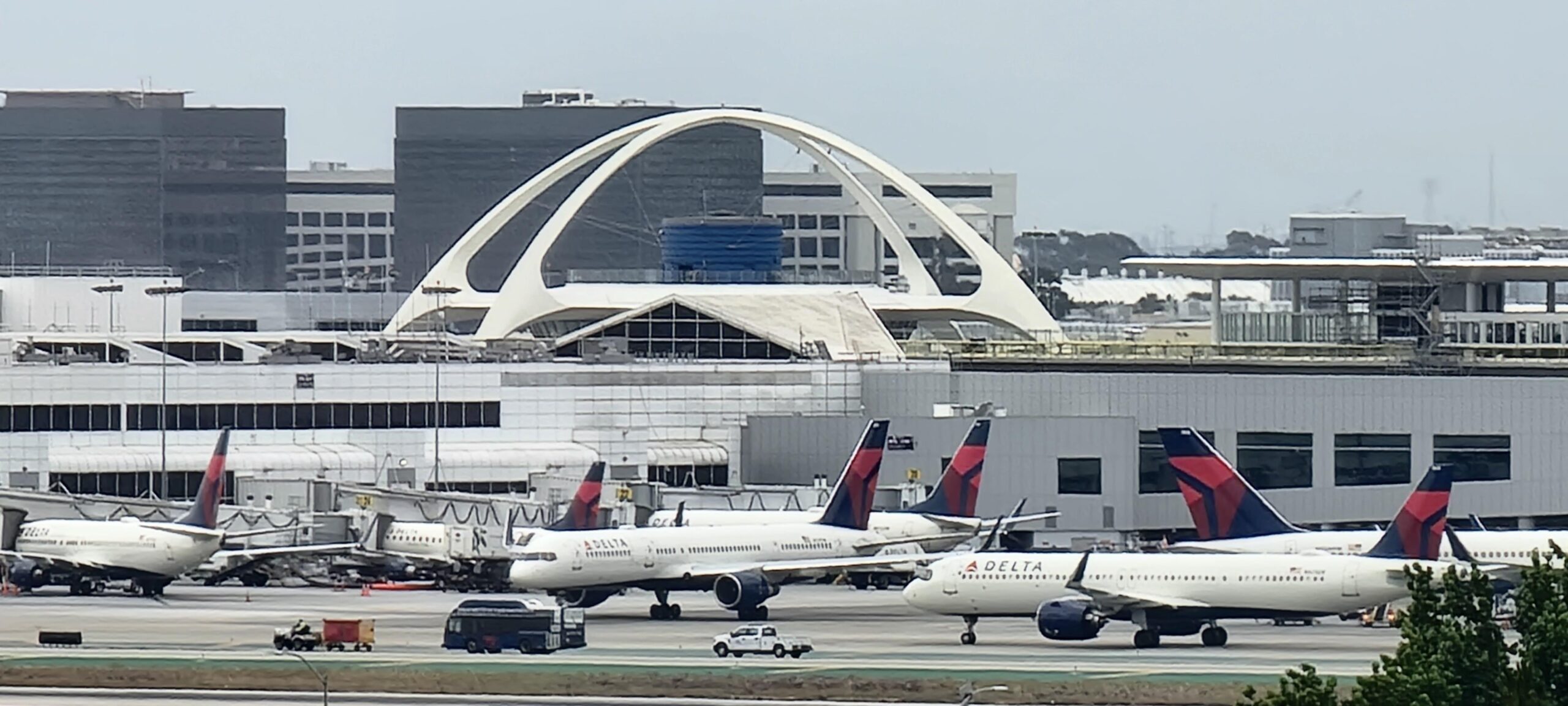
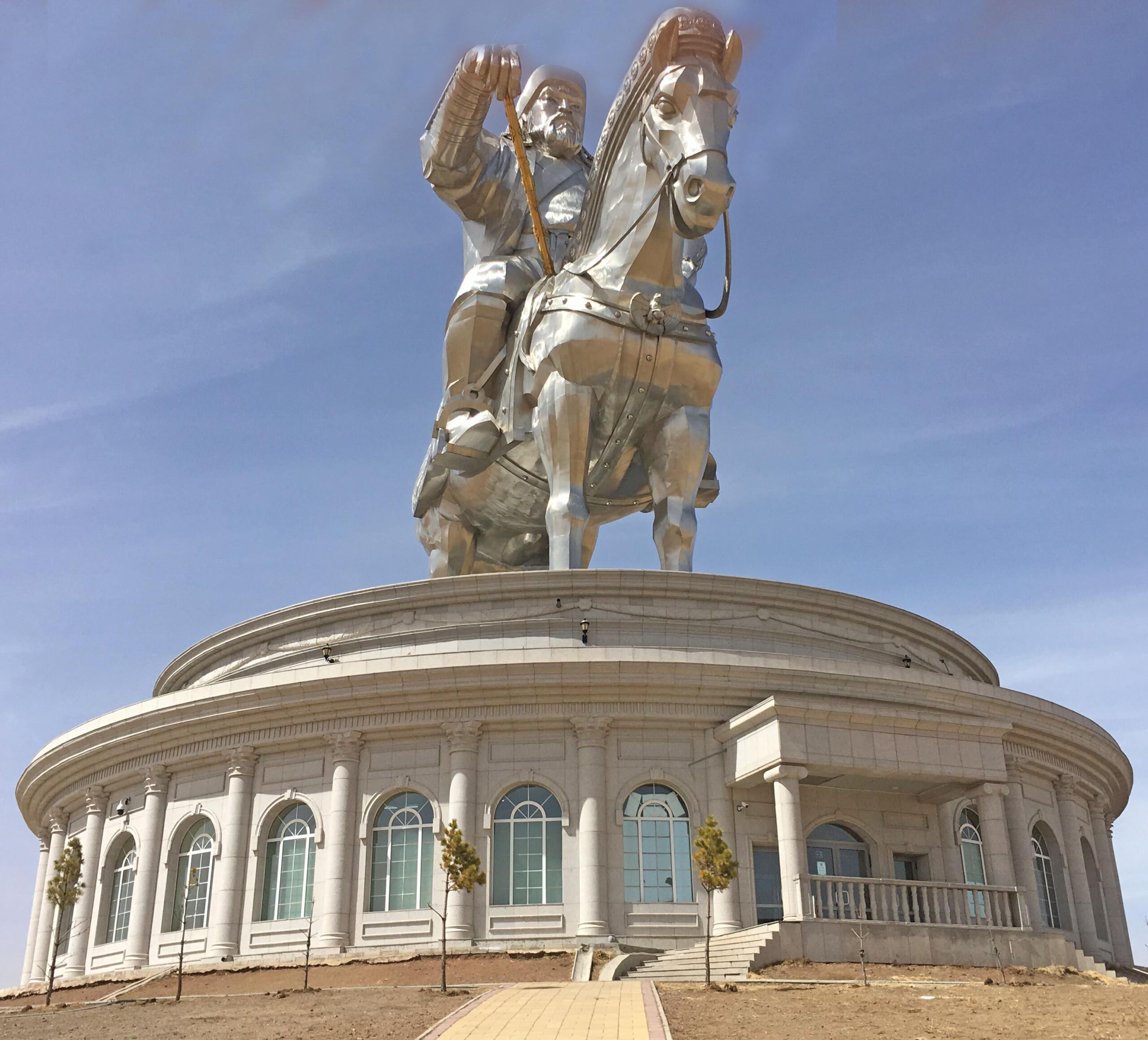






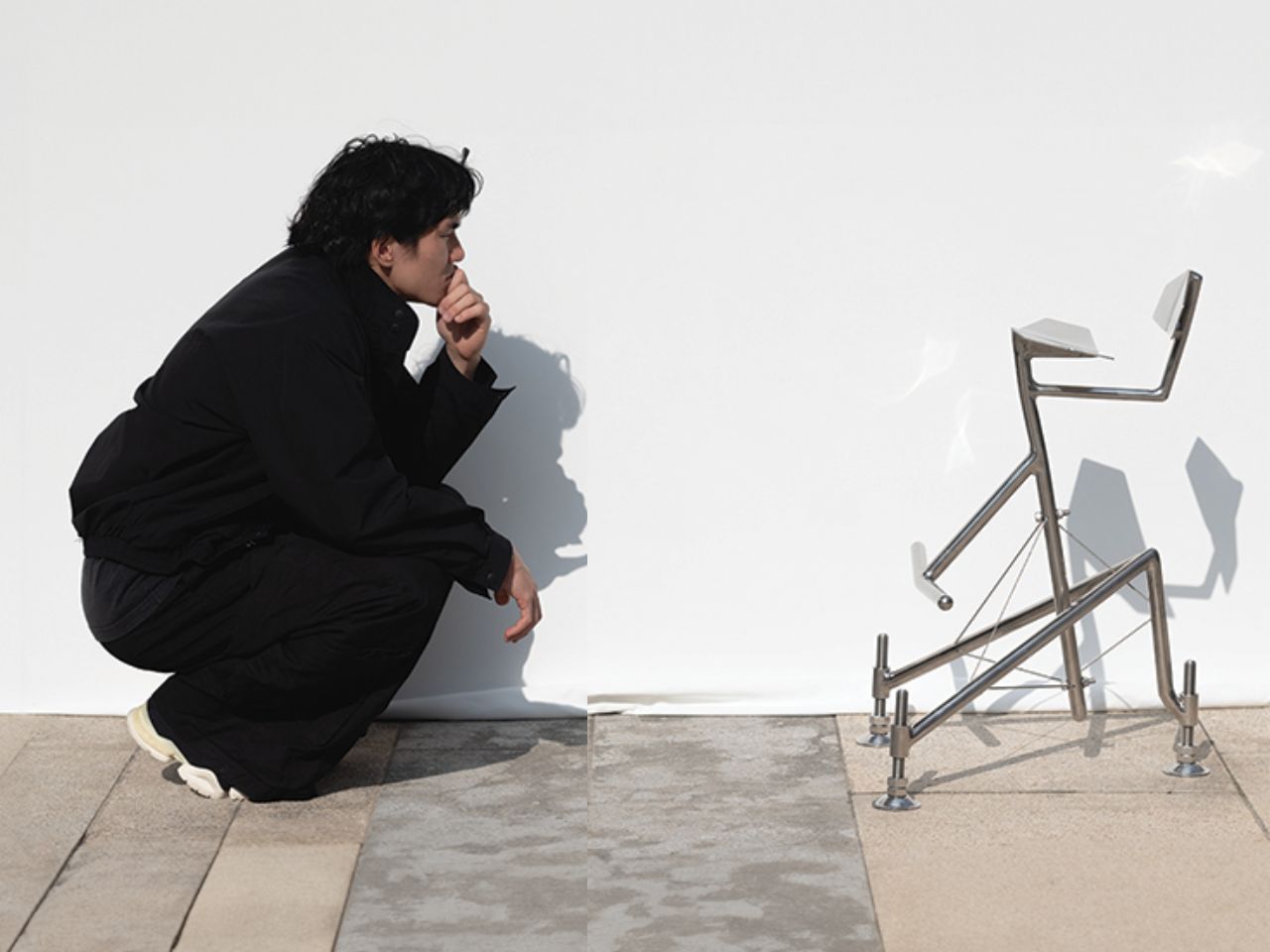



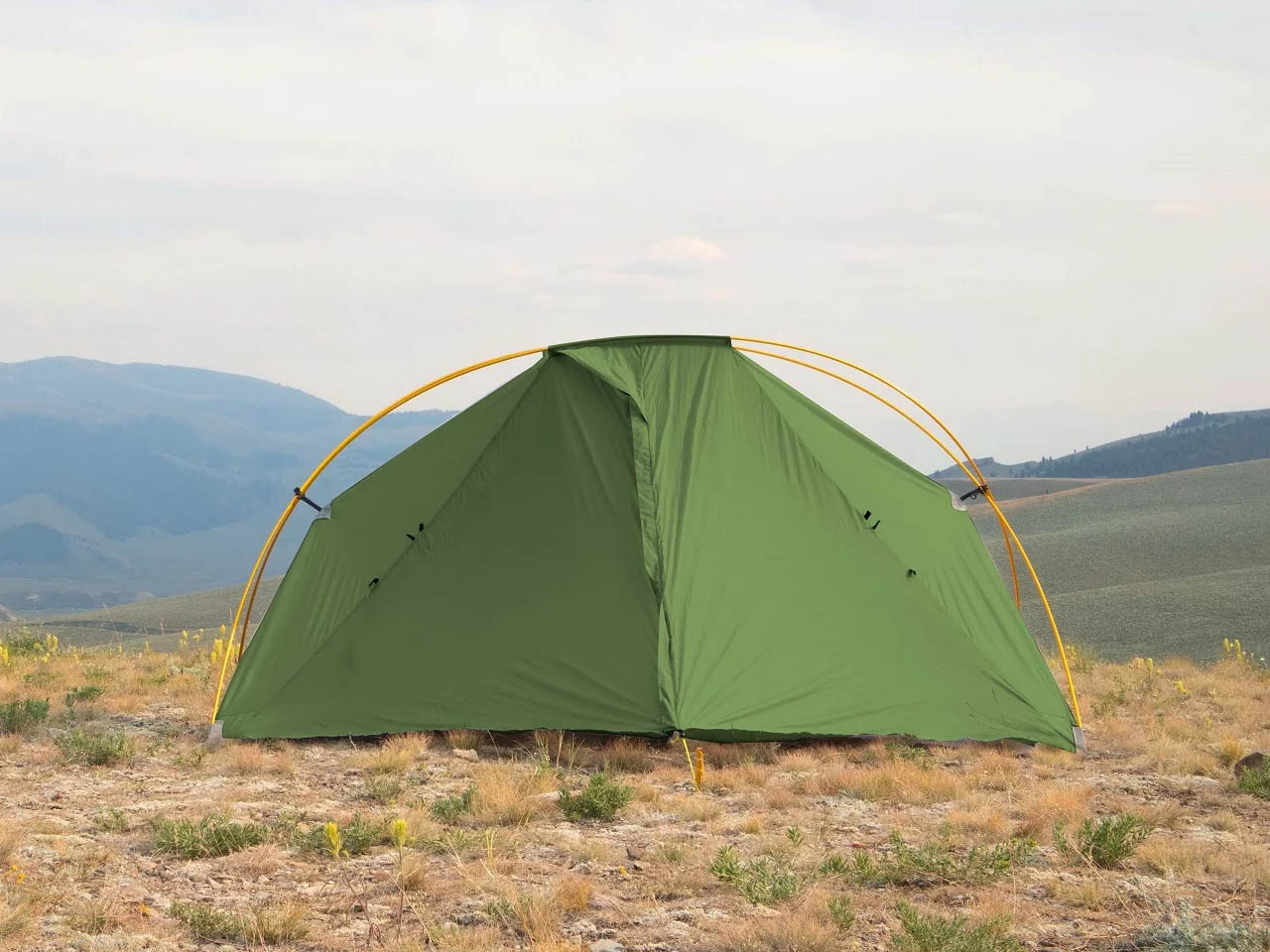






![Buy Alaska Airlines Miles with 60% Bonus [1.85¢/Mile]](https://boardingarea.com/wp-content/uploads/2025/01/4d9f0774390be770dbde5c7302f4a98c.jpg?#)

